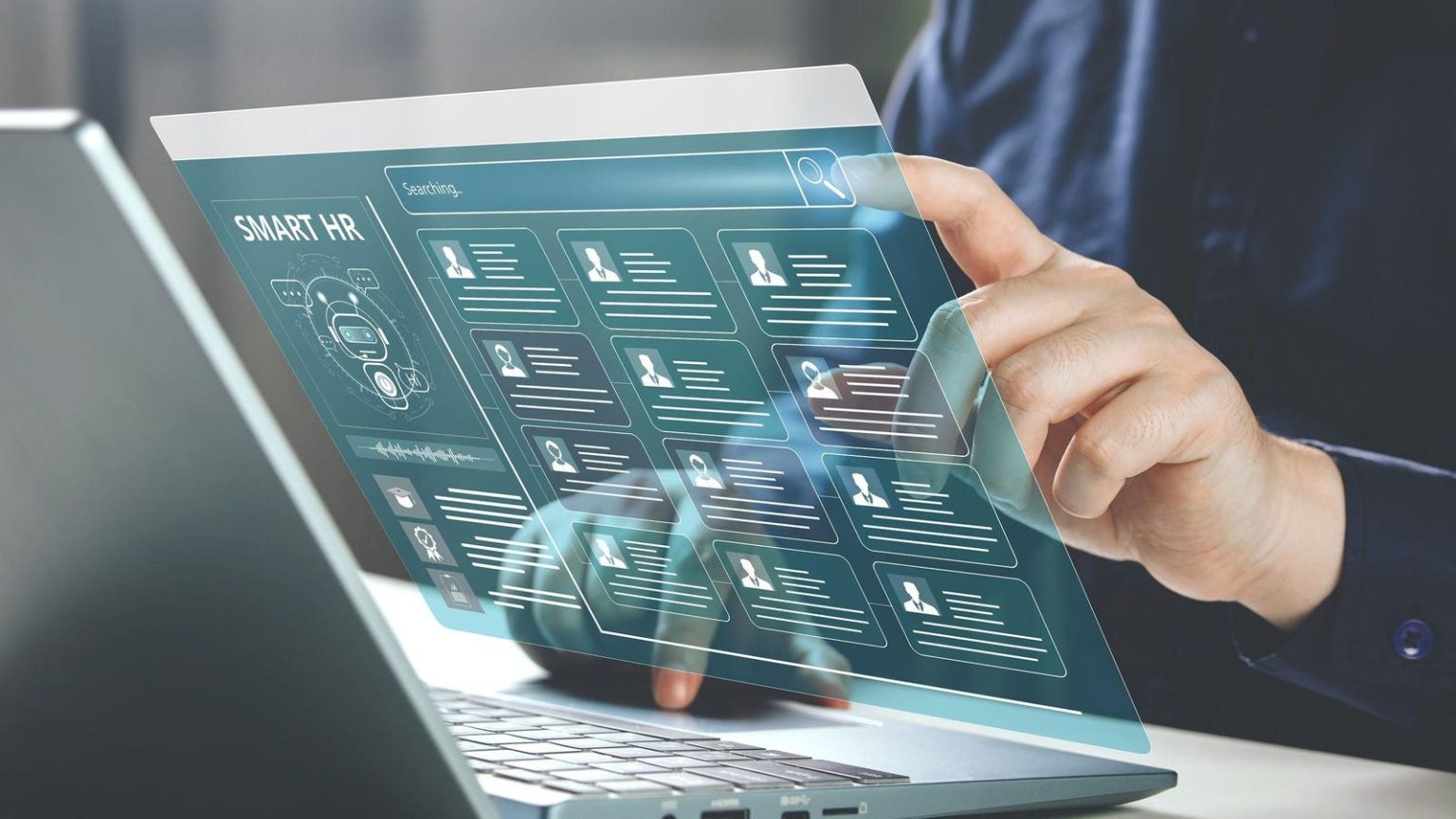The world of human resources (HR) stands on the precipice of an exciting era powered by data and AI. These technological forces are revolutionizing people management and creating intelligent processes that streamline operations and provide helpful insights for HR professionals.
The task for today’s HR teams is to strike a balance. On one hand, they can leverage the power of data and AI to add value to the organization. On the other, they must keep the human touch at the center of all their processes, blending technology and people-centric approaches to deliver enhanced HR service to candidates and employees.
The Rise Of Intelligent HR
Intelligent HR is the strategic application of data, analytics, and artificial intelligence (AI) in human resources to improve decision-making, streamline operations, and create a better workplace experience. It involves the use of technologies like machine learning, natural language processing, and predictive analytics to automate routine tasks, gain actionable insights, and predict trends.
Data-driven, AI-enabled HR improves efficiency and accuracy in internal processes and also helps human resources professionals create more personalized and engaging experiences for their organizations.
The Biggest Ways Data And AI Are Reshaping HR
Understanding how data and AI reshape HR requires an appreciation of their myriad applications across the domain of people management. From the moment a potential candidate interacts with an organization to the ongoing professional development of employees, intelligent systems are augmenting HR practices. Here are some of the most significant ways these technologies are making an impact:
People Analytics
HR professionals can now analyze data to forecast outcomes and suggest course corrections. Data is providing strategic insights into workforce trends and driving better decision-making across organizations.
In 2008, an internal team of researchers at Google launched Project Oxygen to determine what makes a manager great. From this research, they identified the behaviors that are common among the study’s highest-performing managers and incorporated them into Google’s management development programs. By using data in this way, the team significantly improved management at Google, including outcomes like employee satisfaction, turnover, satisfaction, and overall performance.
Recruitment
HR teams are using advanced algorithms to analyze resumes quickly and easily, highlighting the best fits and even predicting potential candidate success within the organization. When managed well, this type of automation speeds up the hiring process and minimizes bias.
HireVue, for example, is an on-demand video interview platform that screens candidates using AI, evaluates their video interviews, and then predicts their job performance and cultural fit. The algorithm evaluates hundreds of data points, including speech and facial expressions, so HR teams can quickly identify high-potential candidates. Technology like HireVue has the potential to minimize human bias in the initial screening process.
Onboarding
The onboarding experience has been reimagined, too. AI-powered platforms can provide personalized orientations to new hires, which reduces the workload on HR teams.
Companies like IBM are using AI-powered HR platforms like Watson to provide personalized onboarding experiences. Watson can guide new hires through paperwork, answer questions, and help new employees integrate into the company culture.
Performance Monitoring And Management
Traditional annual reviews are being replaced by continuous feedback systems supported by AI so companies can create a more tailored approach to employee growth.
Betterworks is a continuous performance management platform that assists companies in the creation of a more goal-oriented, accountable, and aligned workforce. The tool supports functions like goal-setting, continuous manager-employee conversations, peer feedback, and organization-wide progress tracking.
Training And Development
Companies can also create personalized training programs for employees, including unique learning pathways based on individual performance, interests, and career aspirations.
Safety And Wellbeing
Intelligent HR departments can even make the workplace safer and improve employee wellbeing. Data and AI can be used to monitor behavioral patterns and stress levels and create safer and more productive work environments that keep employees happier and more engaged.
Thrive Global, founded by Arianna Huffington, Ieverages data and AI to deliver personalized wellbeing recommendations and interventions for employees. With Thrive Global, companies can encourage employees to adopt healthier lifestyles and lower their stress levels, which can lead to increased productivity and engagement at work.
Data-Driven HR With A Human Touch
HR teams now have huge opportunities and big challenges that go with all that potential. Data and AI have the potential to redefine operations, and technology offers a wide range of possibilities for efficiency and enhancement — but HR technology shouldn’t be implemented merely for its own sake.
The true worth of data and AI in the HR world lies in applying them strategically to improve processes while keeping people at the forefront. Data-driven, AI-enabled HR can add enormous value to your organization, but we can’t forget the “human” in Human Resources. Technology should amplify HR’s work, not overshadow it.
You can read more about the topic in my new Data-Driven HR: How to Use AI, Analytics and Data to Drive Performance. And don’t forget to subscribe to my newsletter and follow me on X (Twitter), LinkedIn, and YouTube for more on the future trends in business and technology.
Read the full article here





